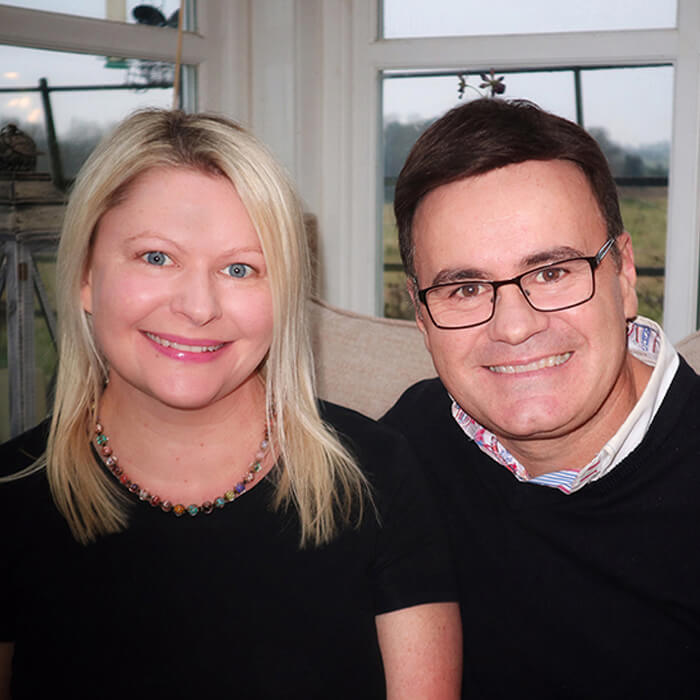 Who was your favourite teacher growing up and what do you remember most about them? I’m confident most of you would describe how they made you feel and the sense of excitement and the confidence you felt on your road to discovery.
Who was your favourite teacher growing up and what do you remember most about them? I’m confident most of you would describe how they made you feel and the sense of excitement and the confidence you felt on your road to discovery.
The function of a teacher is both diverse and meaningful. Teachers have a greater responsibility than simply standing in front of a class delivering material. It is now mandatory for them to teach social values and etiquette, mediate conflicts and most importantly develop positive-teacher student relationships.
A child’s academic and social development hinges on a teacher’s capacity to develop a positive and long lasting relationship. Students who have a healthy relationship with their teacher are more likely to achieve gains or experience success when they feel valued and respected than students who don’t have a personnel connection to the teacher. A student is more likely to show more engagement in an academic setting and display less disruptive behaviour when they experience regular communication, praise and guidance from their teacher. Positive teacher-student relationships promotes their desire to learn.
Canter and Canter (1997) make the statement that we all can recall classes in which we did not try very hard because we didn’t like our teachers. This should remind us how important it is to have strong, positive relationships with our students.
Imagine for a moment. You have a boss who makes you feel valued, respected and appreciates you as an individual. Are you more likely please your boss? How would you then feel if your boss didn’t value you as a person and lacked respect for you? This is how a child feels. That’s is why it’s critical to develop a positive supportive classroom environment. It’s important to remember, students are more willing to want to please you and behave appropriately when they are treated with respect and appreciated.
What to do │ fostering positive teacher-student relationships
- Be patient, engage in conversation and actively listen
- Get to know each child, the lives they live and learn about their interests and needs
- Spend time with them individuality and seek out the those who are reluctant or problematic
- Show students you want them to be successful through words and actions
- Create a positive environment and enhance relationships among peers
What not to do │ fostering positive teacher-student relationships
- Accept that treating a child with respect and being nice is enough. Teachers set high standards for their students and encourage opportunities for students to make a personal connection with their teachers and their peers.
- Don’t admit defeat too quickly in your efforts to develop a positive teacher-student relationship.
Rita Pierson states, “It’s hard to learn if you don’t feel connected. Which means that kids don’t just need a teacher, they need a champion, someone who believes in them, invests in them, nurtures in them the belief that they can be more than they are, that all kinds of things they don’t imagine are possible”.
By Cooper Dawson



Great Job Cooper. I am impressed by your points above. I think you must be a teacher/ coach? Seems that you are having a great experience as a teacher. I am a teacher and I know how we should develop relationships with students. Anyway man, thanks again.
Hey Jacob, thanks for reading and commenting!